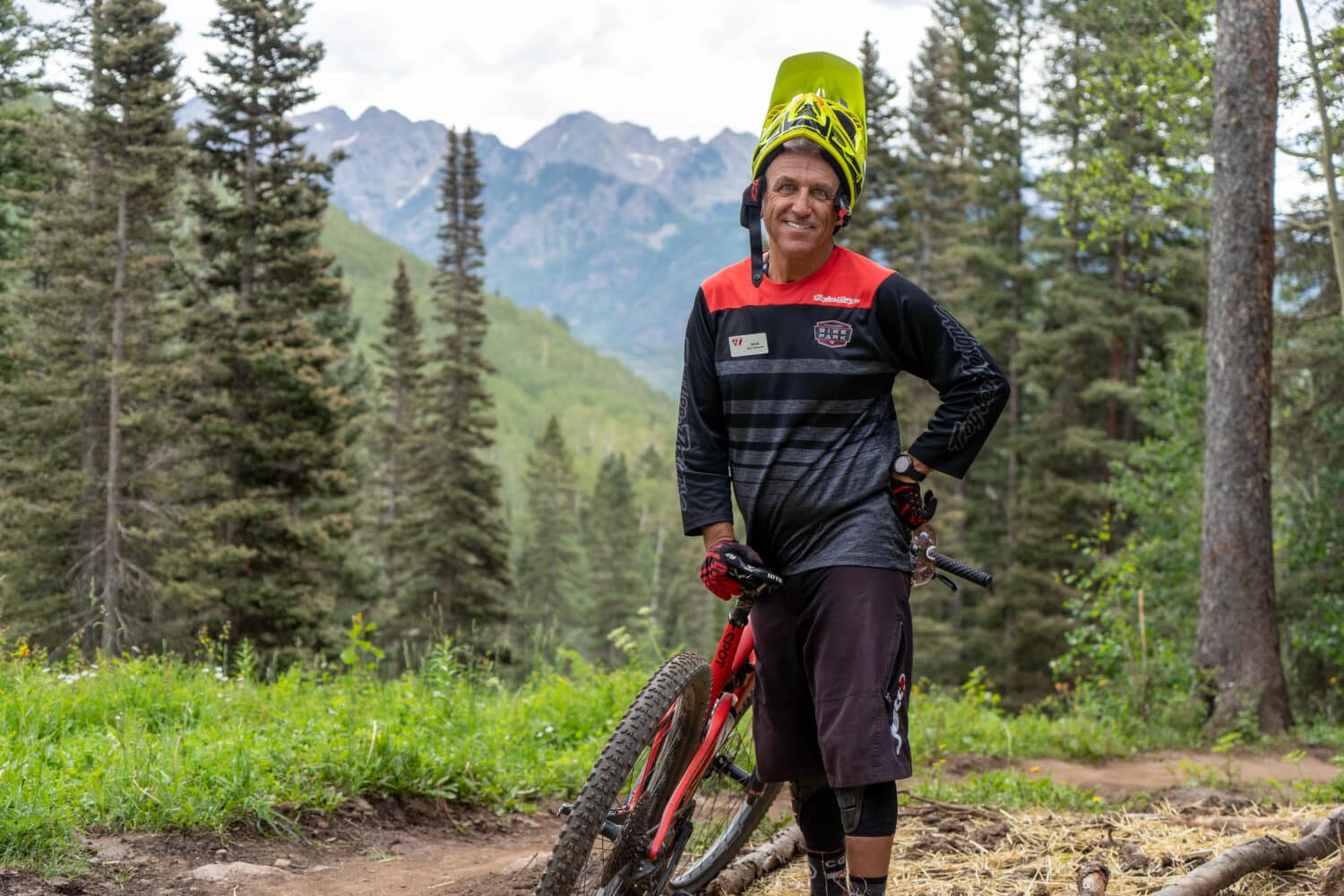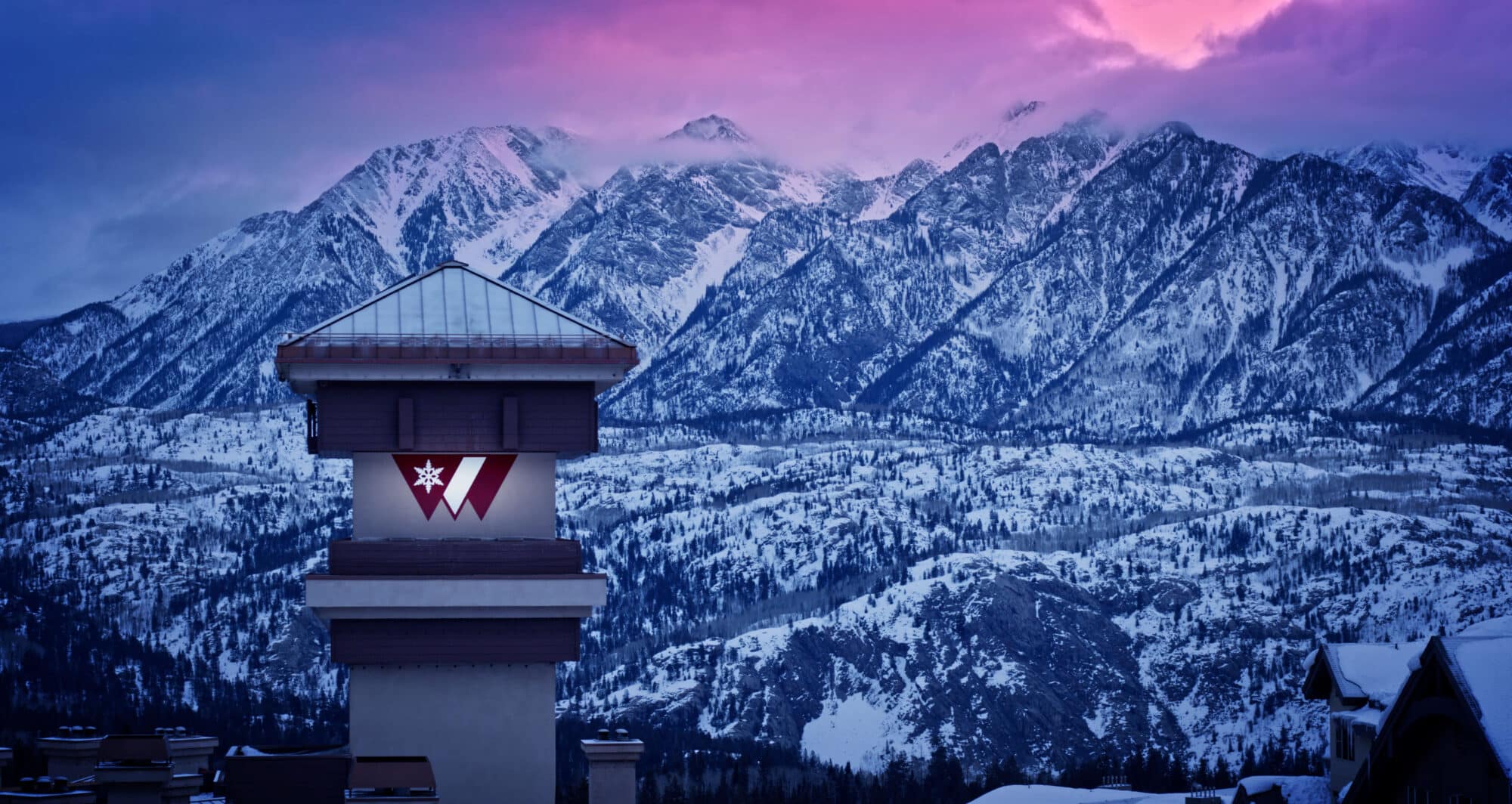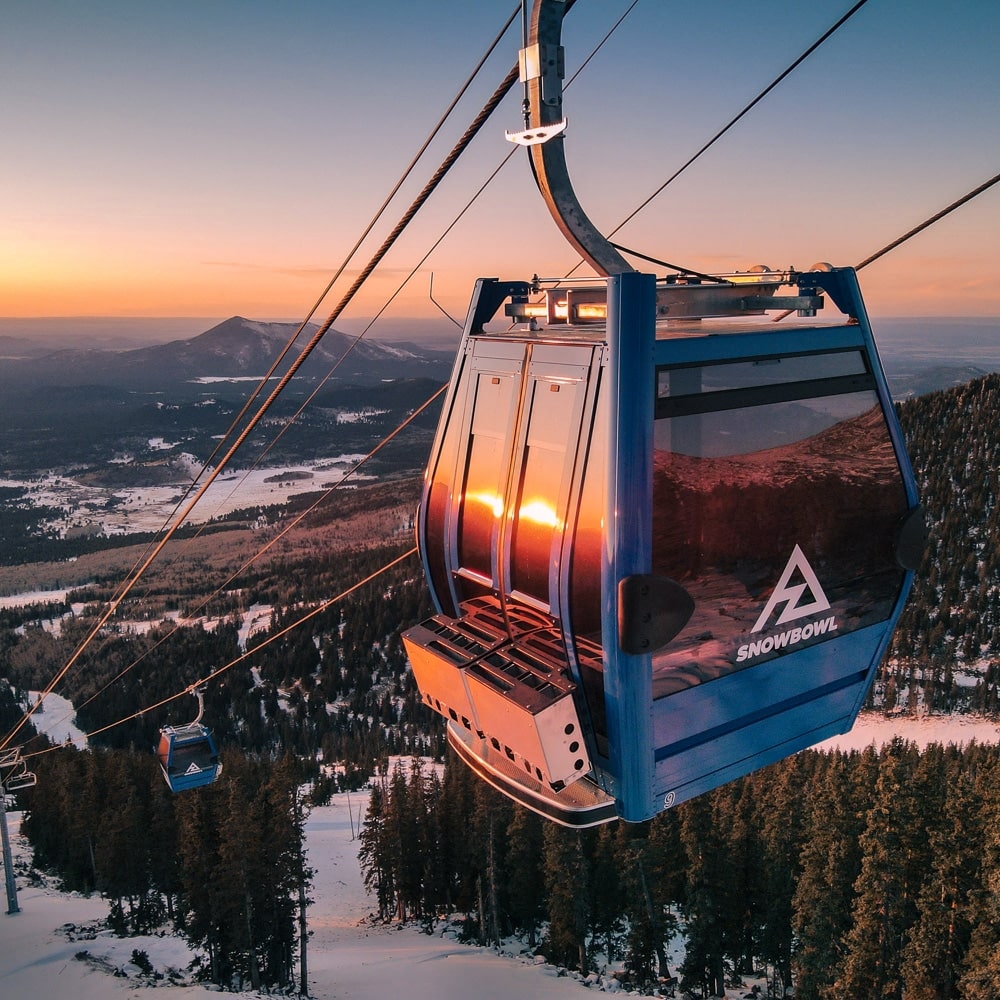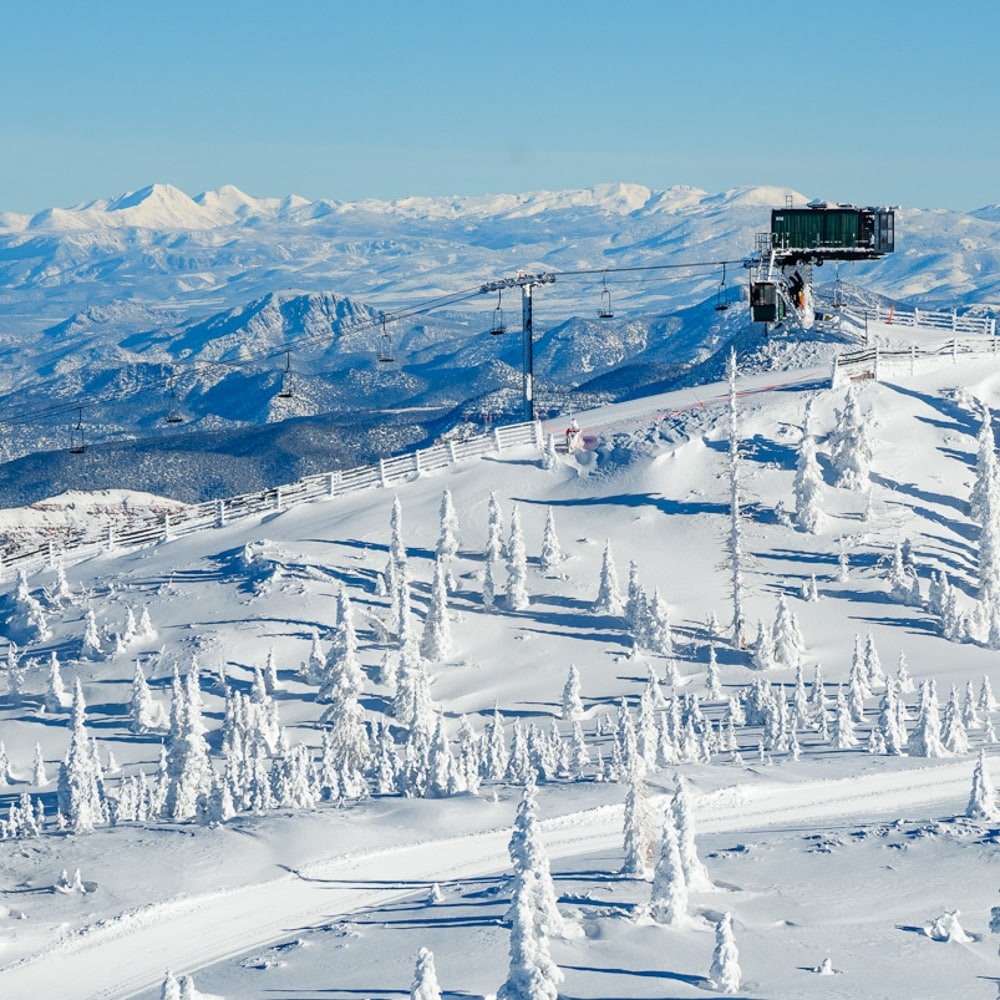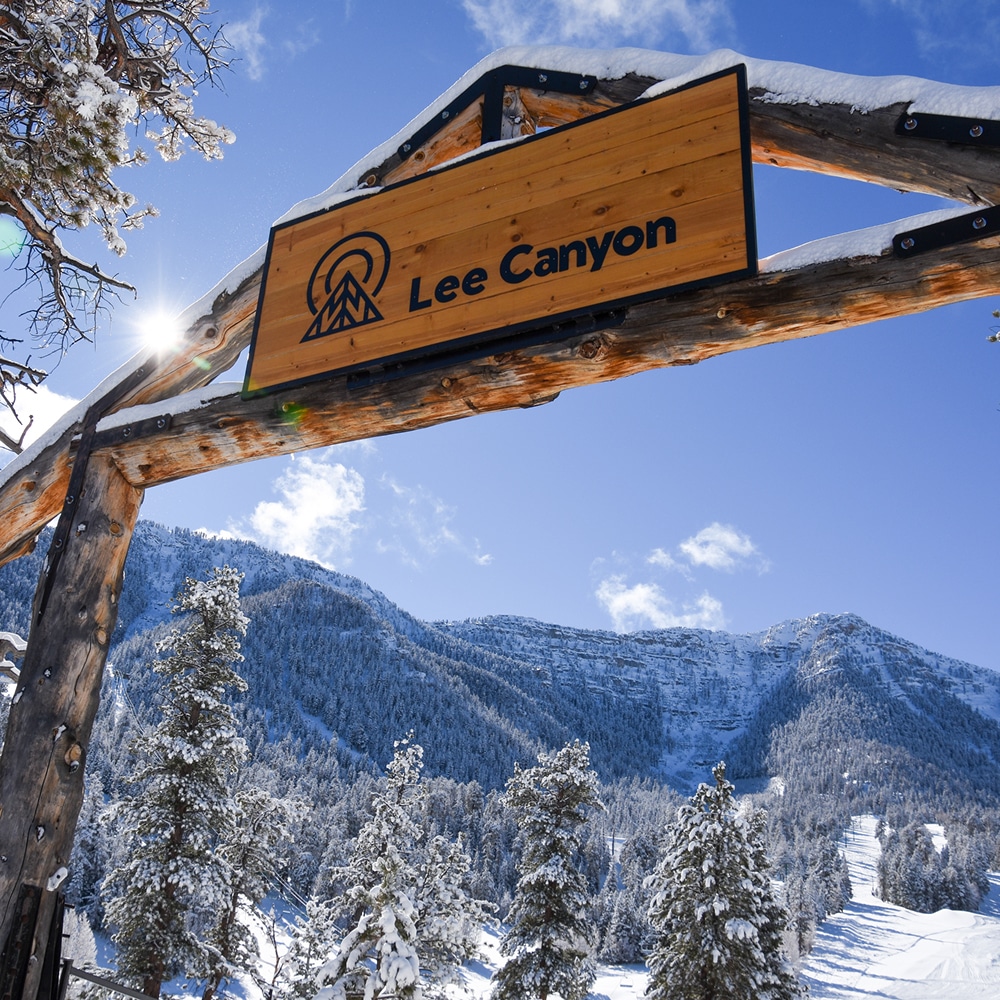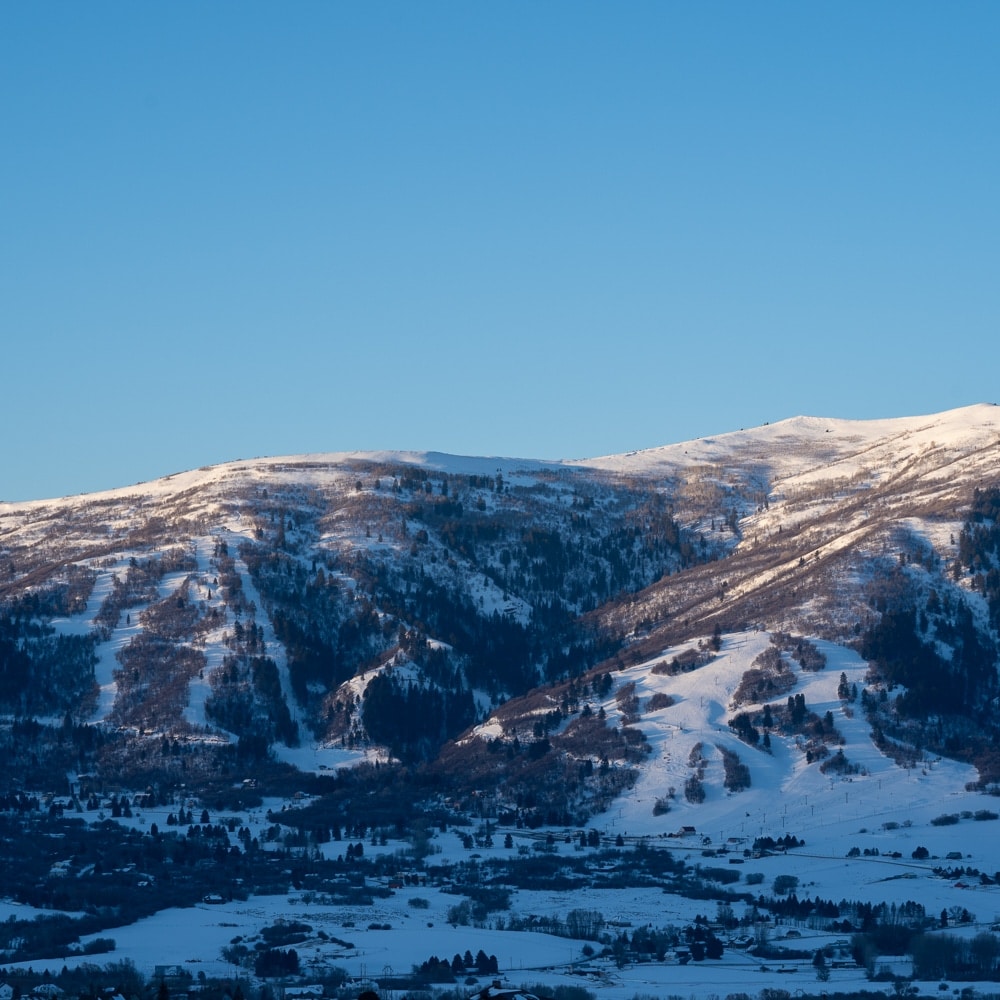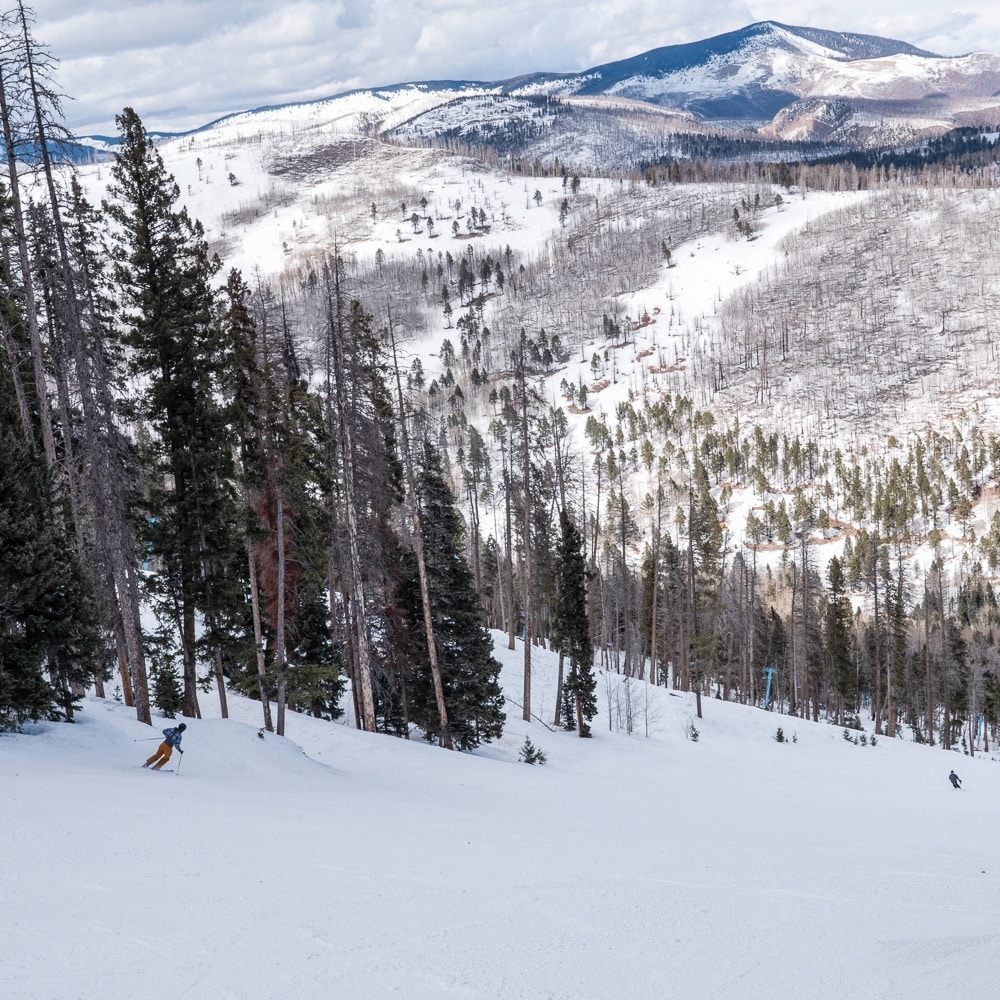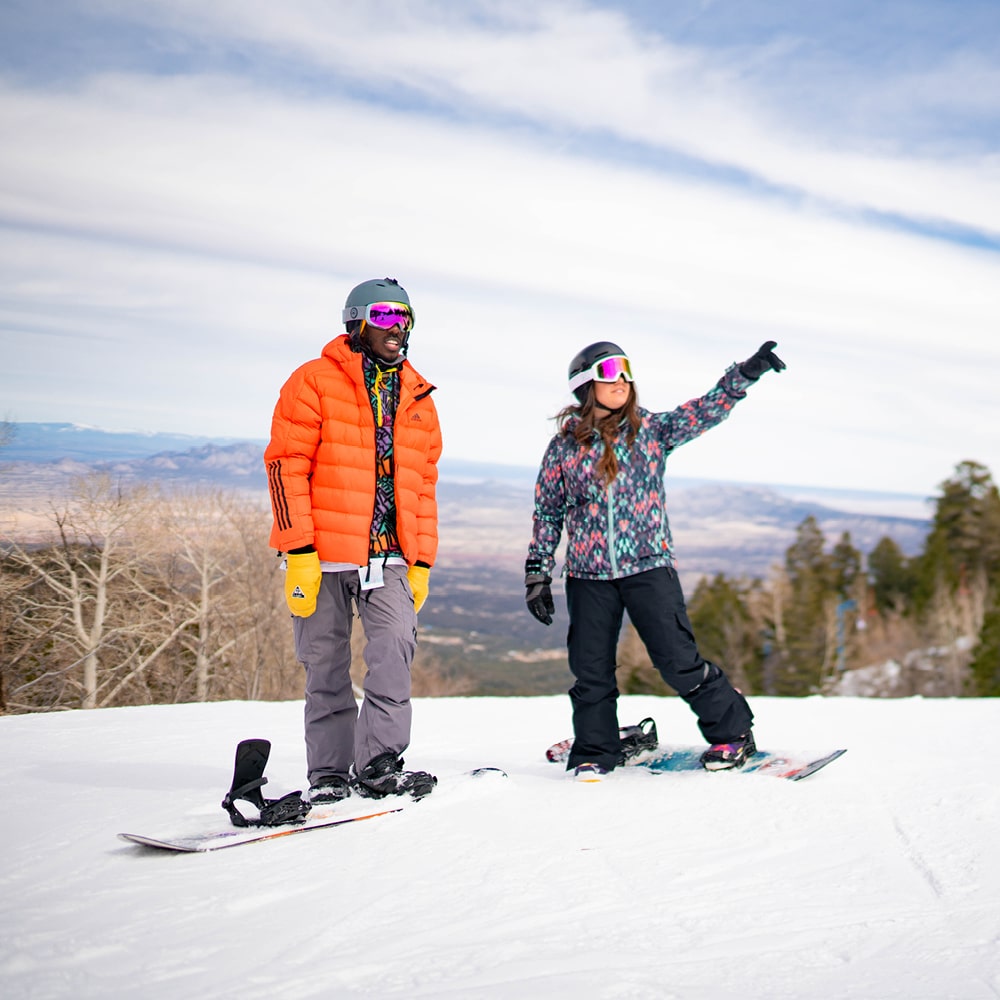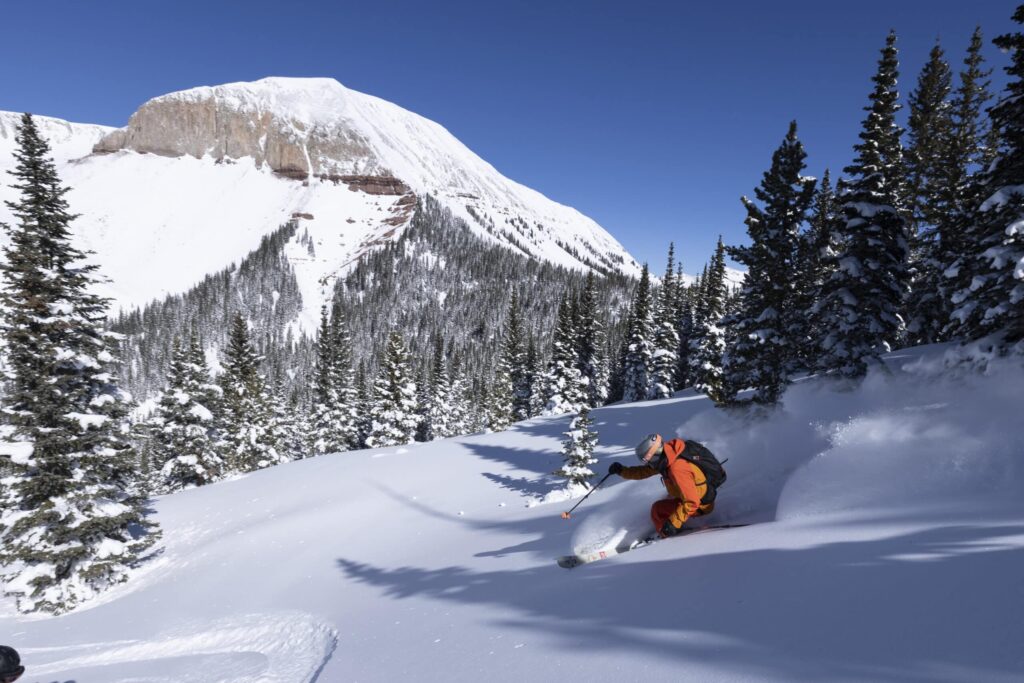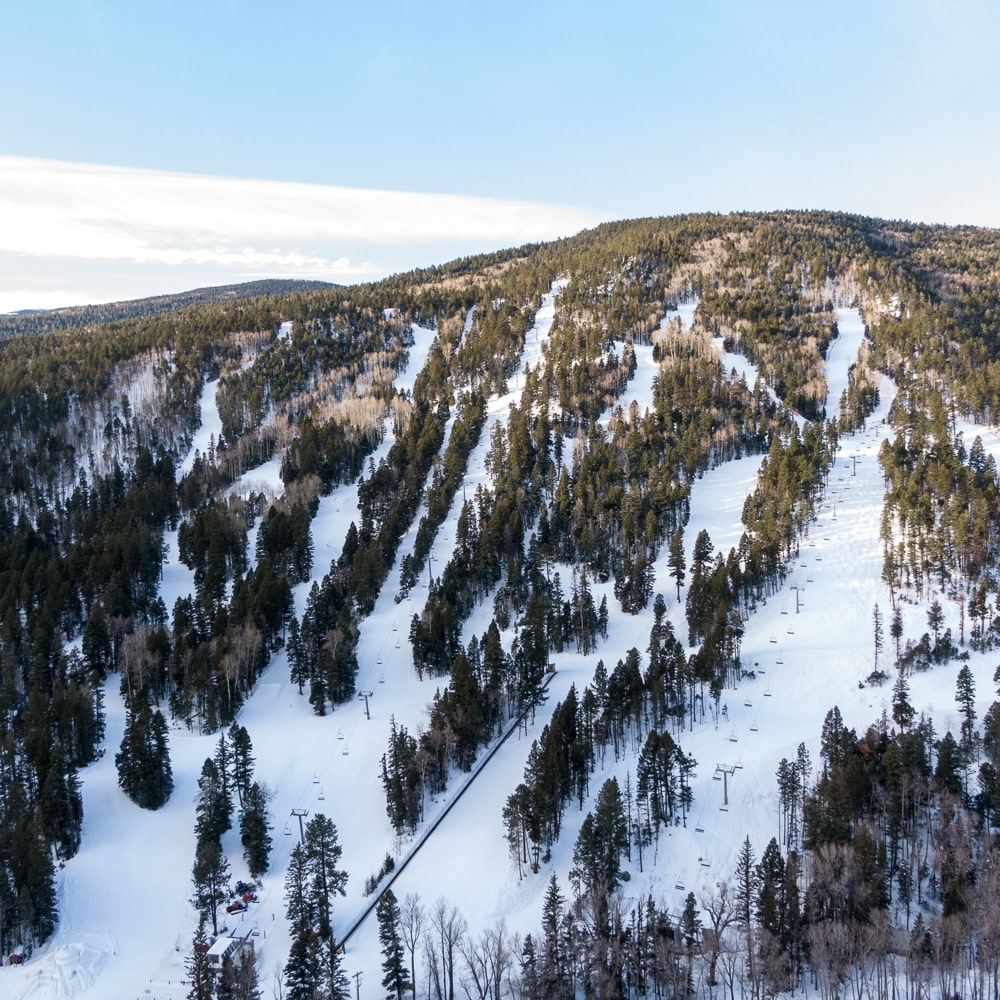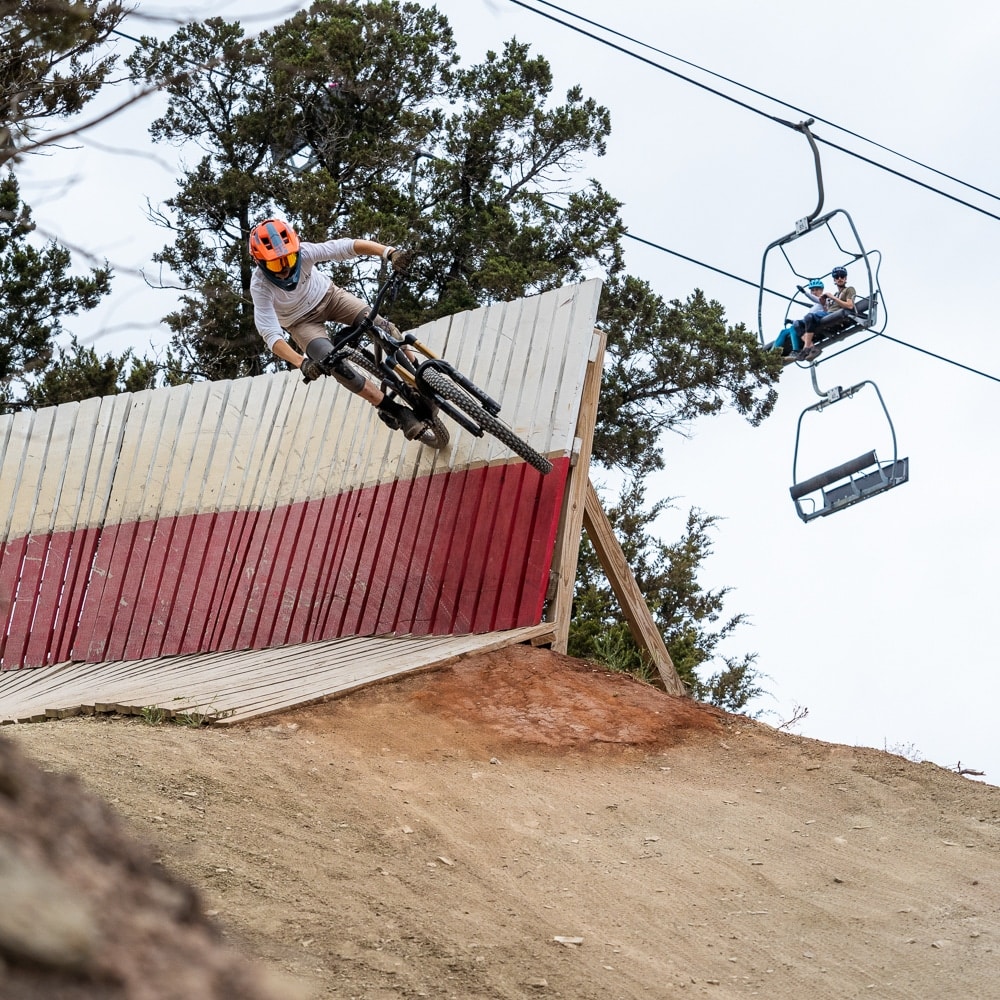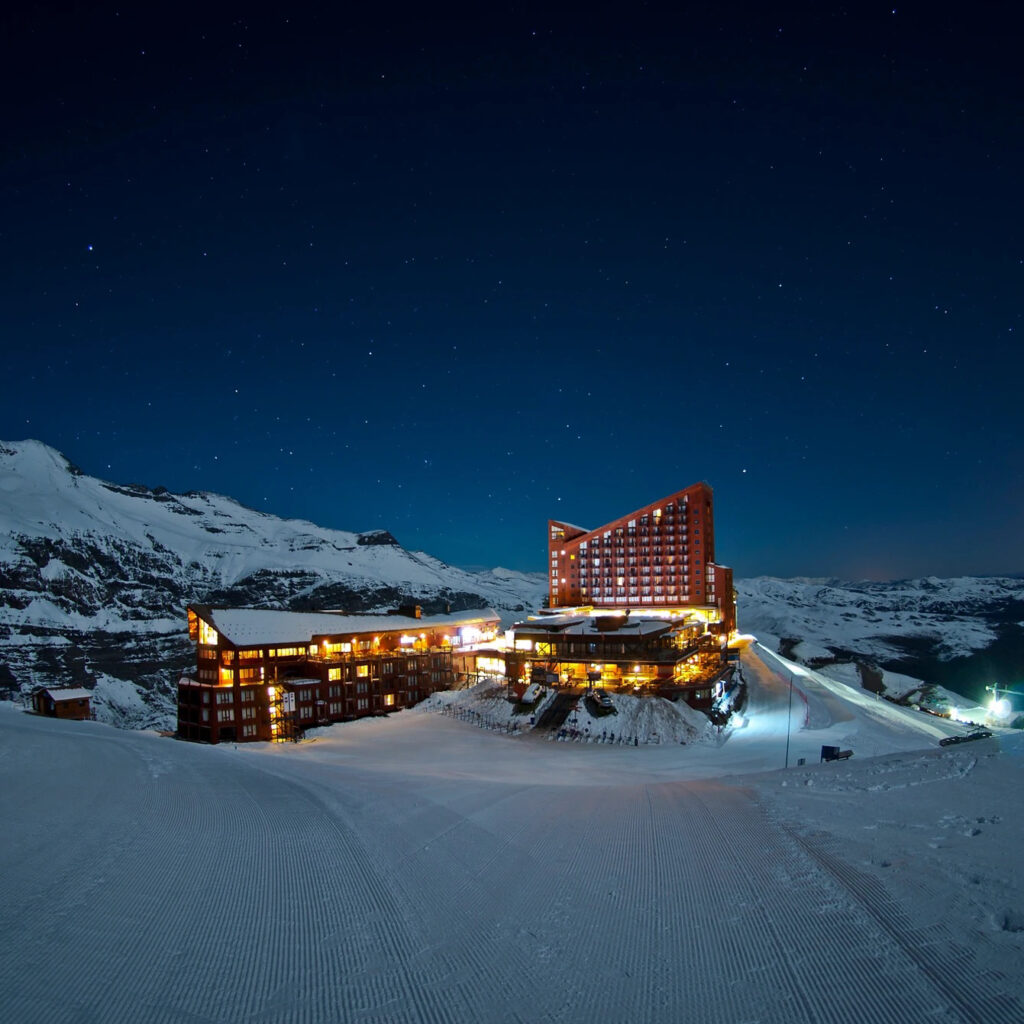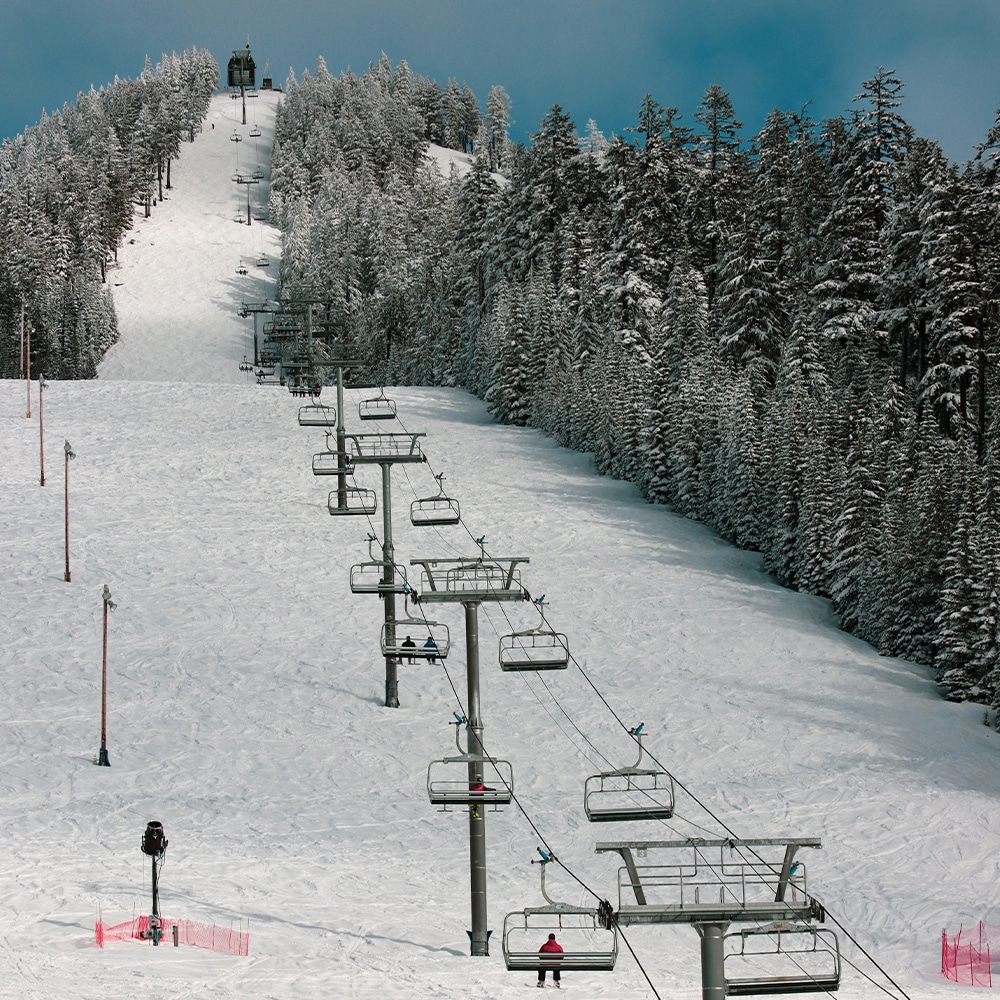At Purgatory, our greatest strength is our employees and today we are proud to recognize David Asselin. David left behind a successful career in the medical field and now lives the mountain lifestyle in his Sprinter van. He was drawn to the San Juans from the Front Range, and now works at Purgatory as a mountain bike instructor.
A ski bum and raft guide for over 30 years, David is also a double amputee. He lost his heels and toes 9 years ago to frostbite, due to a “series of small mistakes” in the backcountry. He has spent countless days and hours exploring some of the world’s most remote places, but the accident occurred only 70 miles from home while ski touring in New England on a particularly frigid day (-26 degrees F).
We checked in with David to find out what makes him tick.
Tell us about yourself.
Beyond guiding and skiing, I’ve lived and worked all over the world, exploring every continent except for Africa. I worked for a large medical device company, and witnessed a lot of serious brain and spinal surgeries as a result. This experience made a huge impression on me, as I realized how fleeting and short life can be.
Then 9 years ago, I lost my heels and toes 70 miles from my house in the classic scenario where a series of small mistakes or bad choices leads to a disaster. I had been on the road for 254 days that year. Then returning home for some “downtime,” I set out for a mellow day of ski touring. I forgot my GPS and gaiters at my house, and left my dry socks in the car. I thought, “No big deal. It’s only a day of skiing.”
How did you adapt to being mobility challenged?
I might be one of the only toeless telemark skiers, but I’m not alone in my adaptive journey. The biggest advantage for me was finding Paradox Sports in Boulder, a nonprofit that offers accessible climbing experiences for people with disabilities. Paradox defies the perception that people with a disability cannot lead a life of adventure. They serve everyone from war heroes to people who’ve lost limbs in the mountains or use a wheelchair.
What led you to Purgatory?
I was fortunate to land a contract gig that enabled me to save up enough to give “van life” a try for a little while. So last winter I headed to the Vail area to ski, and landed a job with Beaver Creek Resort’s mountain safety team. I was the oldest member on the team, a rookie, one of only two telemark skiers, and the only “gimp!” My teammates watched me guiding people who couldn’t get down the mountain on their own and said, “You should teach!” I took their advice.
When spring came, I did not want to go back to the cube! Instead, I got my Level I IMBA certification and Wilderness First Responder (WFR) and started applying for jobs. I was very honest about my disability, and this made some people nervous. However, Jeff “JB” Brier, Purgatory’s ski and snowboard school director, was very open and took a chance on me.
What is your teaching philosophy?
“You teach best what you need to learn yourself.” For me, that is starting with the basics and focusing on bike handling skills. Also I love being in the mountains and sharing that with others. Anyone can get a bike down the mountain with a little bit of coaching and learning the basics. I’m not only a new instructor for downhill mountain biking, but also mobility challenged. So if I can do it, you can too!
What are some of your favorite teaching moments?
One of the most rewarding experiences was teaching my young nephew to mountain bike. He went from hating the sport on our first ride to mastering double black diamonds. Today mountain biking has taken him around the world from his home in New Jersey to Targhee and Arizona to Europe.
Then just the other day, I had a group of adults at Purgatory who left me a nice compliment. They said they never would have made it down the mountain without my help and instruction, and that made my day.
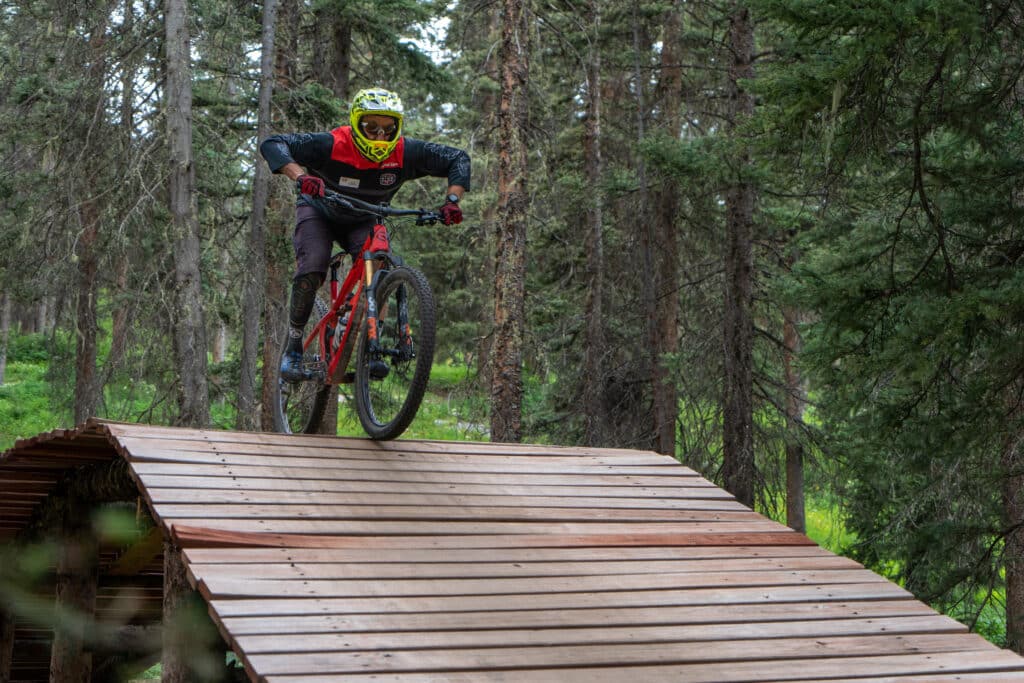
What are some of your personal goals?
To improve my downhilling. I stuck a landing on a jump the other day, so that felt great. I’m not sure I will ever be doing backflips, but JB has been coaching me and helping with my personal goals for biking. JB is also mentoring me to grow as an instructor.
My professional goal is to keep working and growing the outdoor industry. I’m interested in the Outdoor Leadership program at Fort Lewis College, but right now the curriculum for adaptive does not exist. But I’m talking to them and hoping to get involved. I’d love to help get that started for others. I had to ask the FLC mountain bike coach, “As a 60 year old undergrad, can I race?!”
Tips for others who are mobility challenged?
When I first asked if I could telemark ski after my amputation, someone told me, “You just need to be your own engineer and figure it out.” Today there are so many new technologies and materials, like carbon fiber. At the hospital, they’re going to hand you a device that is pretty much useless for anything besides walking down the sidewalk. But it’s what insurance will cover to get you walking again.
So just don’t take “no” for an answer, and figure it out yourself. I’ve seen arm paddles made for Class III kayakers, and have my own pair of custom-made prosthetic telemark boots. There is an incredible community and tremendous support for adaptive adventures, so don’t be afraid to try and put yourself out there. The opportunities do exist.
Whether you’re brand new to mountain biking or a seasoned rider, check out Purgatory’s Bike Park for miles of singletrack, cruise the epic downhill flow trail or explore lift-served backcountry terrain. Learn the basics, brush up on your skills or take a guided tour with the Purgatory Bike Park team. Get involved with the Durango chapter of the Adaptive Sports Association (ASA), as a volunteer or participant. During the winter months, ASA offers experiential learning through private, adaptive ski, snowboard and ski bike instruction at Purgatory Resort. Summer programs include river rafting, rock-climbing, canoeing, flatwater kayaking, fishing, cycling and camping in a variety of locations throughout the San Juan Mountains.
